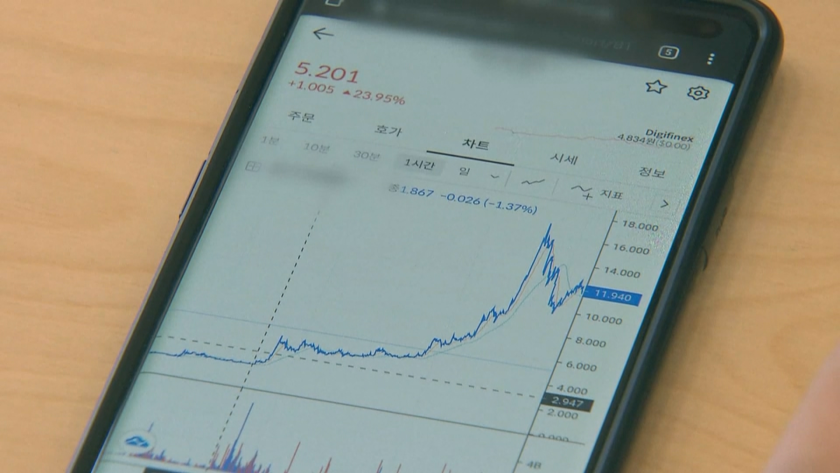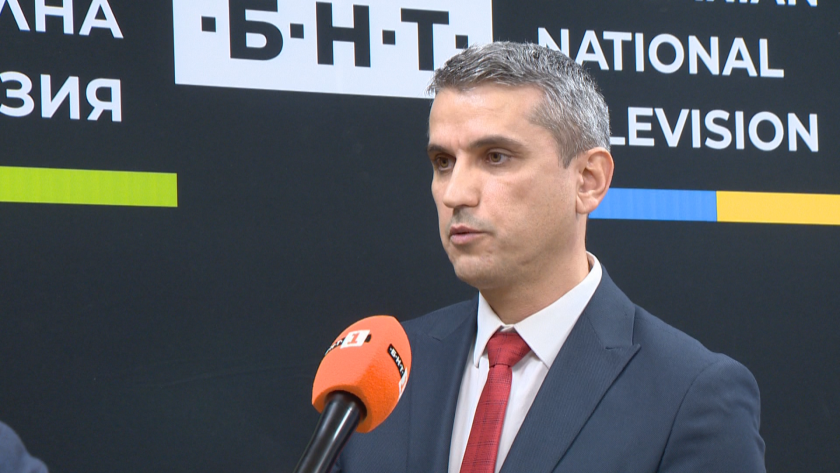A businessman from Sofia lost BGN 1 million in a new cryptocurrency fraud scheme

A businessman from Sofia was defrauded of more than BGN 1 million. He was deceived by a foreign call centre that he was investing in cryptocurrencies with very high yields. The defrauded man contacted the impersonating investment consultant through encrypted chat channels. The money was transferred to various bank accounts in countries in the European Union, the UK and the Middle East.
The scam was carried out in a new, but we can now say - classic scheme. A serious and young male or female voice authoritatively explains over the phone about the possibility to make a very profitable investment in shares of famous global companies or in cryptocurrencies. The whole scheme of the investment is presented, a very high profit is promised and even a platform is promoted through which the potential victim can manage his investments himself.

It all starts with a phone call from a call centre with an offer to invest for a high income in cryptocurrency.
"The victim's details - his name, phone number and surname - were most likely acquired from a platform he signed up to. In normal internet browsing, when someone is interested in a certain product or service, they are usually directed to a website where they enter their details and are subsequently called by the criminals who tricked them," explained Commissioner Vladimir Dimitrov, head of the unit for combating cybercrime at the Chief Directorate for Combating Organised Crime.

The communication went on for a long time, during which the fraudsters convinced the businessman that if he invested in cryptocurrencies he would quickly earn 3 times more than he invested. The conversations were in English. After the businessman expressed interest, the communication was transferred to an encrypted chat channel. In order to invest, he also registered an account on a platform specified by the scammers, through which he could track his investments and returns.
"It starts with a small amount to be transferred from the victim's bank card. They are given a personal broker to monitor their investments, but it all starts with a small investment of around €250 from the victim's bank card," explained Commissioner Vladimir Dimitrov.
So the businessman was already hooked, and the 250 euros invested quickly multiplied several times, and in just a few weeks, but in virtual rather than real money. Then the offer of larger investments began.
"They effectively trick the victim into sending different amounts to different bank accounts themselves. In this case, this went on for several months. And the bank accounts that were given to the victim to voluntarily send money to supposedly feed his virtual account were in different countries within Europe and Hong Kong," Commissioner Dimitrov explained.
Bank accounts in Poland, the UK and Hong Kong end up on so-called "financial mules" through whom the money passes only to lose track.
"The people laundering the money are different. They mostly meet in hacker forums where they discuss what to do and how to do it. People who can trick someone into sending money use the services of those who have bank accounts. It is about mules in all countries. So that is why it is extremely complicated when we go to track this money. The victim sent several tens of thousands of euros to a Polish bank. The next time the victim was tricked into sending to a London bank. The third order is to a bank in China or Hong Kong'.

In this specific case, the call centre from which the defrauded businessman received the initial call was most likely located in a Middle Eastern country. At this stage, however, it is not yet clear in which country the people who carried out the actual fraud are.
"The call centres that deal with investment fraud are divided into two organisational levels. The vast majority of their employees are said to be involved in trading or advertising products on the internet. They telephone prospective victims. If the prospective victim agrees to start a so-called 'business' or 'investment', they are handed over to the so-called 'retention managers' or personal bankers who already know perfectly well what they are doing," said Commissioner Vladimir Dimitrov, head of the unit for combating cybercrime.
The CDCOC warns that any offer of unrealistically high returns on investments is a potential scam. The other way to protect yourself is to research the platforms and use established ones in the investment business.

This particular call centre has nothing to do with Bulgaria, but the pattern of the call centres disrupted by the Bulgarian and German services in this country in the recent months is exactly the same. The difference is that the target of the call centres in Bulgaria are citizens of Germany and other Western European countries, not Bulgarians.
Rather, the thing in common can be found at the top of the pyramid. It is possible that those who collect the money end up controlling the activities of the call centres in the different countries. There are already more than ten young people who have been extradited from Bulgaria. However, they are the lowest level employees who knew they were offering an investment product and did not suspect that the upper levels were committing fraud.
Get the latest news wherever you are!
Follow us on
Facebook
and
Instagram
Follow BNT’s YouTube channel
You can now also watch us on
TikTok
Find us on
Google News























